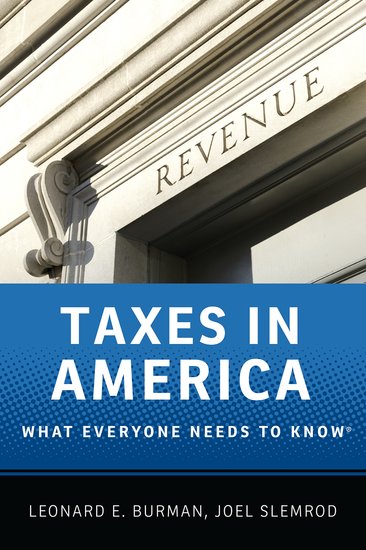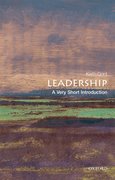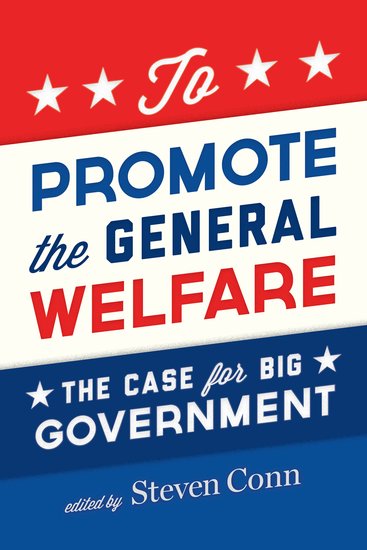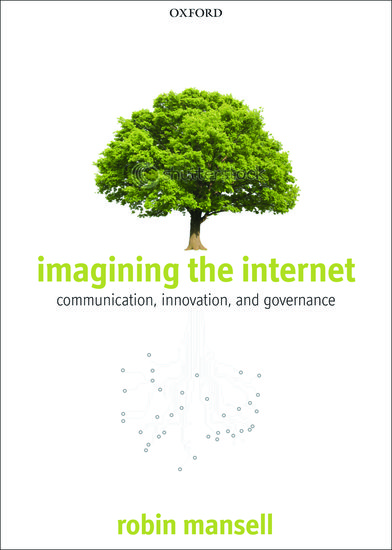Should we be worried about global quasi-constitutionalization?
By Grahame Thompson
Have we seen a potentially new form of global governance quietly emerging over the last decade or so, one that is establishing a surrogate and informal process of the constitutionalization of global economic and political relationships, something that is creeping up on us almost unnoticed? This issue of ‘global constitutionalization’ has become an important topic of analysis over recent years.












